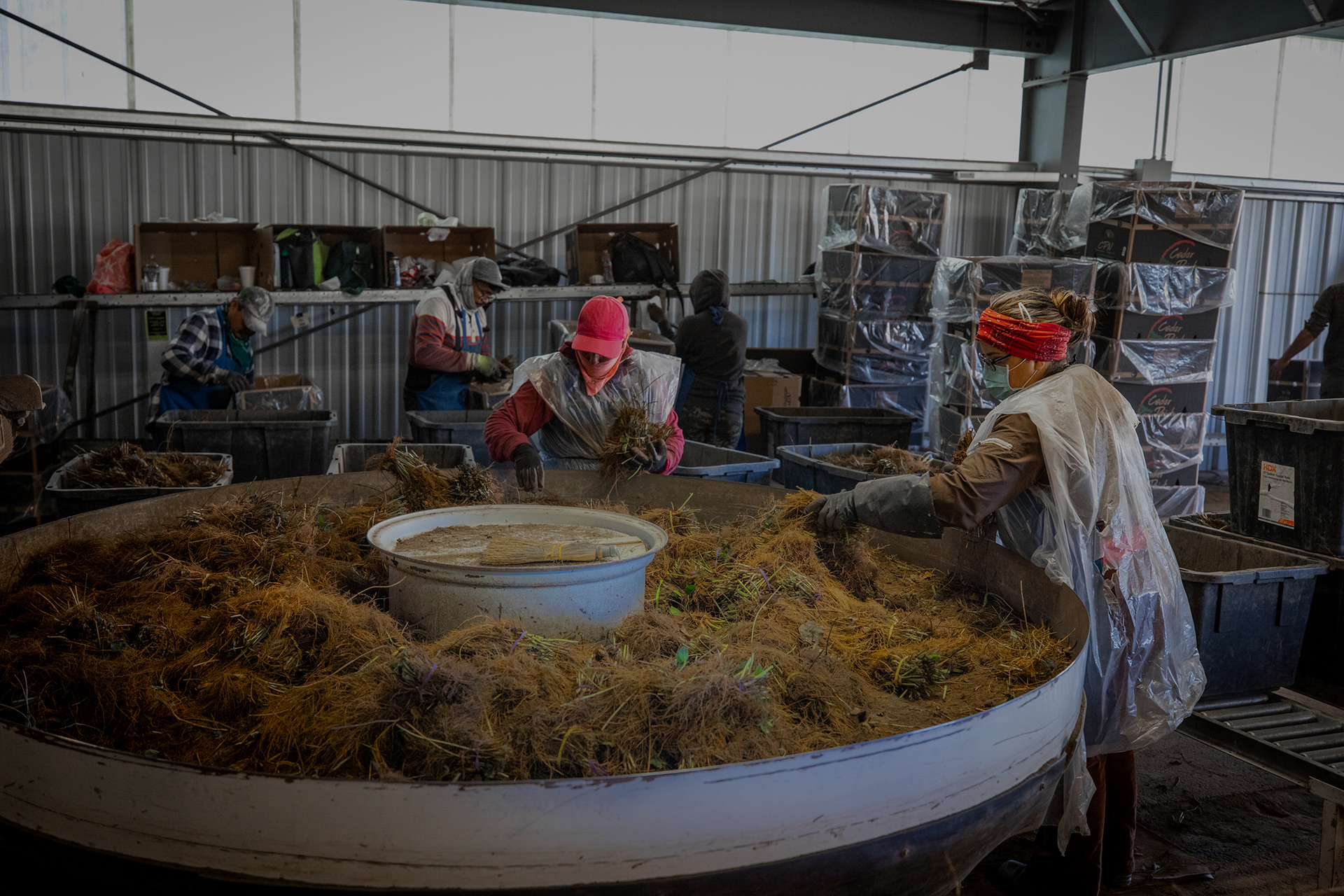 |
|
Labor unions shouldn’t get a special pass to trespass on private property
Which of these things is not like the others?
In all cases, people invaded private property to interrupt operations and espouse their points of view. However, Deborah La Fetra explains that demonstrators in the first four examples acted illegally, whereas California’s agriculture union organizers enjoy a special privilege to trespass and trample on property rights. |
|
Property rights at the U.S. Supreme Court
On Monday at 10 a.m. EDT, PLF senior attorney Joshua Thompson is arguing this case, Cedar Point Nursery v. Hassid, in front of the U.S. Supreme Court. A major point of contention is the right of a property owners to exclude unwanted trespassers from their property. Anastasia Boden explains what this is all about. On Tuesday evening, PLF will be hosting an “Ask Me Anything” on Twitter from 6 p.m. to 7 p.m. EDT about Cedar Point Nursery. Attorneys Wen Fa and Damien Schiff will answer questions about the oral arguments of the case, the legal issues being debated, and the importance of property rights and the right to exclude. Ask a question and follow along by going to @PacificLegal. |
|
New York Times confuses legislative check on unilateral power with partisan warfare
Although pandemics and crises are common throughout history, the “unprecedented” factor of the past year has been authoritarian restrictions on daily life and gubernatorial abuses of power. |
|
 |
|
|






